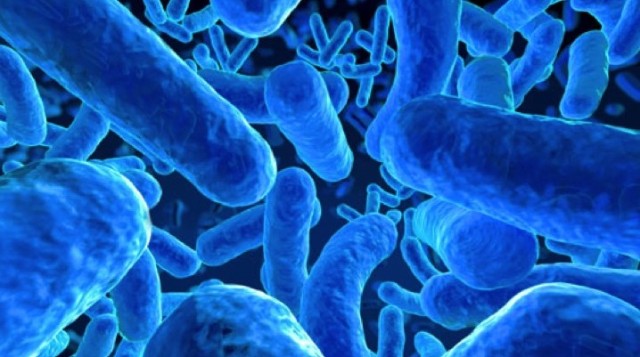Other than “cute” animals going extinct, biodiversity gets little public attention. Preserving biodiversity is essential for many reasons that sum up to life itself being unable to exist without it (yawn). Publicized studies cover macro-diversity we can see, but implications are so opaque that we’re angry if countermeasures crimp our livelihood. For example, a recent study suggested that seabird populations will shrink unless small forage fish maintain 1/3 of their potential population. Predictably, Baltimore fishermen squawk that fishing limits on forage fish are putting them out of business.
 Microscopic biodiversity really is invisible, but vital to our very existence. We are walking superorganisms, each of us symbiotic with 10 times as many tiny critters as we have cells. Each of us has a spectrum of microorganisms as unique as a fingerprint. NIH has a Human Microbiome Project to investigate how these affect our health. With new insight, investigators are probing old questions and raising new ones. Some findings:
Microscopic biodiversity really is invisible, but vital to our very existence. We are walking superorganisms, each of us symbiotic with 10 times as many tiny critters as we have cells. Each of us has a spectrum of microorganisms as unique as a fingerprint. NIH has a Human Microbiome Project to investigate how these affect our health. With new insight, investigators are probing old questions and raising new ones. Some findings:
- Most microbes are good guys called probiotics (a very old idea). Antibiotics change the environment for the good guys too. And it’s possible to be too clean (biome depletion theory).
- The intestinal microbial spectra of obese people differ distinctively from others.
- Intestinal microbes adapt to diet changes in many mammals, including humans.
- Internal bacteria swap gene segments to adapt to changes very rapidly.
- Symbiotic bacteria influence the human immune system.
Entrepreneurs long ago jumped on the probiotics’ bandwagon marketing “gut health” products, many with dubious claims. However, racing to find marketable products from microbiome science studies has set off new bioethics dilemmas: who “owns” your microbes?
Microbiome research promises more startling findings in the next year or two.
